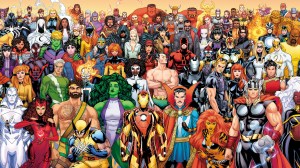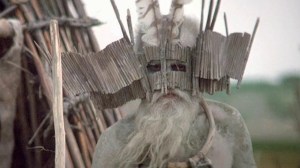Who needs a massive development team when you’ve got pure passion, creativity, and maybe a lot of coffee? Some of the most iconic games in history weren’t crafted by studios with big budgets and armies of developers; they were the brainchildren of solo creators who did it all.
Videos by ComicBook.com
These games prove that sometimes less really is more. Below, we cover creators who not only made unforgettable experiences but also redefined what it means to turn a dream into reality. Let’s celebrate the one-person wonders behind some of gaming’s biggest hits.
Stardew Valley
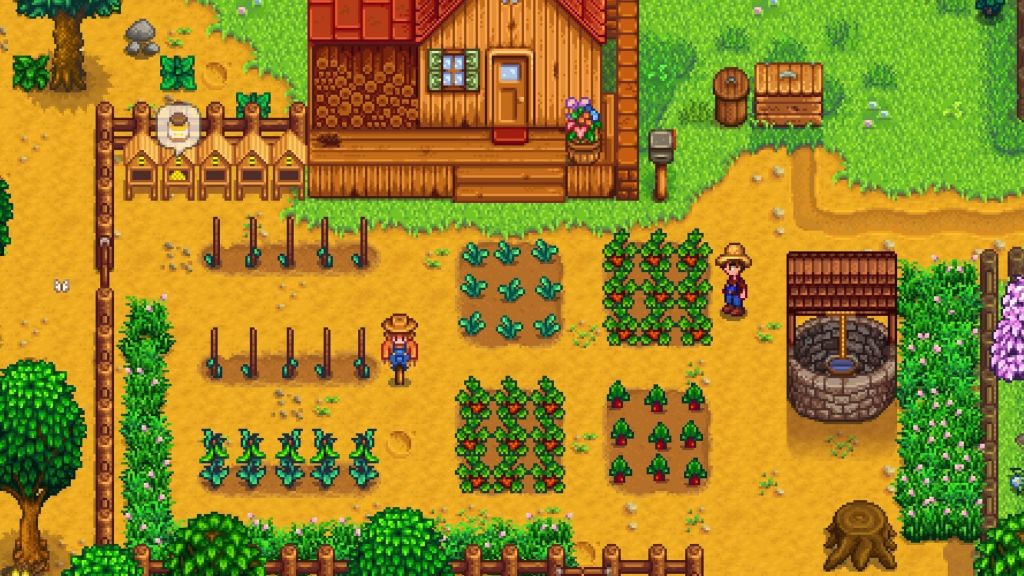
Eric “ConcernedApe” Barone took farming sims to the next level with Stardew Valley. After inheriting your late grandfather’s farm, you transform a rundown plot into a thriving homestead.
Developed over four and a half years by Barone, who handled everything from the coding to the music, the game became a sensation when it launched in 2016. While Barone now has a team for updates, the initial release was entirely his vision. Its mix of farming, friendships, and pixel art charm inspired countless imitators but remains the gold standard for indie life sims. Who knew a single person could sow the seeds of such a massive cultural impact? Barone wrote the code; we wrote love letters to our Stardew spouses.
RollerCoaster Tycoon
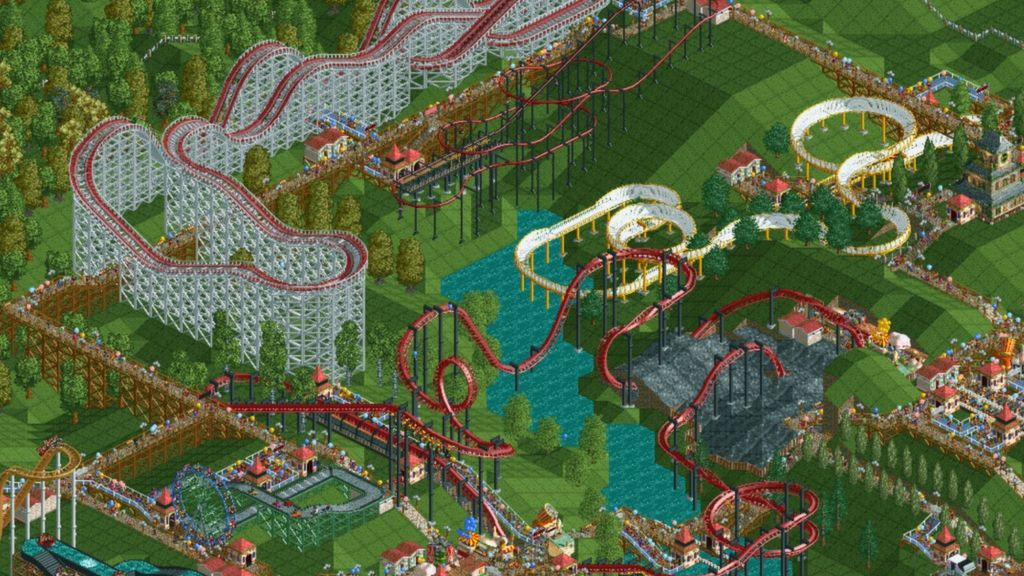
Before RollerCoaster Tycoon became a franchise juggernaut for Atari, it was a passion project of Chris Sawyer. Inspired by Sid Meier’s Railroad Tycoon, the Scottish programmer single-handedly coded this amusement park simulation using x86 assembly language — a process that’s as complex as it sounds.
Sawyer also designed the isometric game world himself, with only a few freelancers helping with art and music. Released in 1999, RollerCoaster Tycoon let players build dream parks and terrifying rides, achieving critical acclaim. One guy, a computer, and a love for thrill rides.
Papers, Please
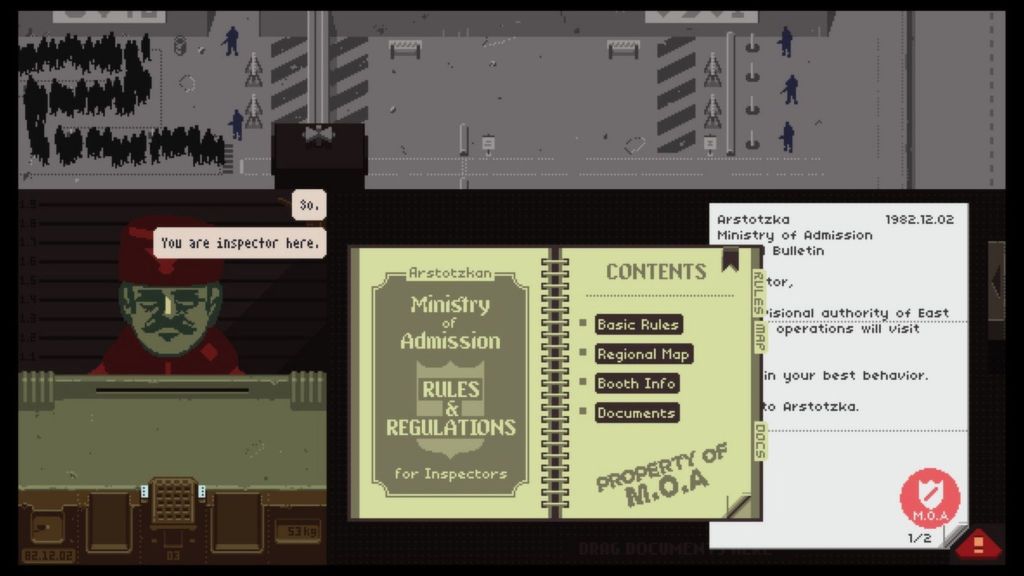
RELATED: 10 Movies You Didn’t Know Were Actually Reboots
Lucas Pope made bureaucratic monotony oddly compelling in Papers, Please. As a border immigration officer in the fictional dystopia of Arstotzka, players balance the rules of entry against their moral compass. The constant tension of deciding who to let in, or detain, reflects on humanity’s darker side.
The inspiration for the game came during Pope’s time in Singapore, where he observed passport checks firsthand. Released in 2013, Papers, Please won numerous awards for its unique gameplay and commentary on power dynamics. In the end, Lucas Pope made us all care about forged passports and sob stories.
Cave Story

Developed by Daisuke Amaya, Cave Story took five years to complete, but the result was worth the wait. Released in 2004, this Metroidvania game captures an atmospheric blend of platforming, exploration, and storytelling.
You navigate an underground world filled with memorable characters, powerful weapons, and tough challenges. Amaya, working entirely in his spare time, crafted everything from the pixel art to the music. Cave Story became a cult hit, influencing a new generation of indie developers to take up the mantle of retro-inspired adventures. One man’s free-time project became everyone’s favorite adventure.
Animal Well
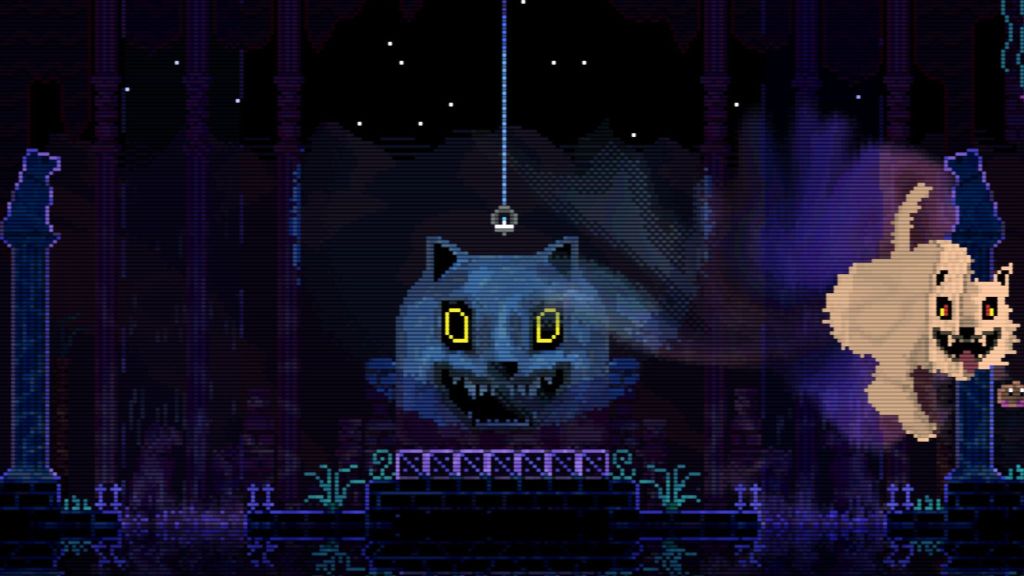
Billy Basso began creating Animal Well as a hobby in 2017, but its clever design eventually became his full-time focus. Released in 2024, this Metroidvania-style game challenges you to think creatively as you guide a blob-like character through a labyrinth of puzzles and secrets.
Unlike traditional games, gear collected in Animal Well often has unexpected uses, rewarding those who think outside the box. Without combat to rely on, exploration and problem-solving take center stage. With its nonlinear gameplay and charm, Basso’s solo project has already carved out a niche in the indie gaming scene.
Lethal Company
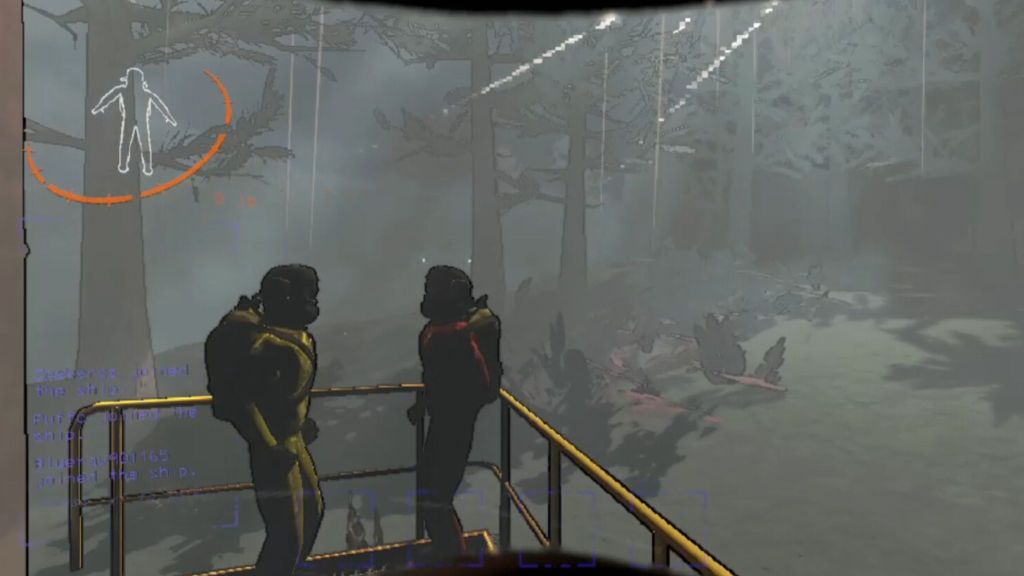
Developed by Zeekerss, Lethal Company brings cooperative survival horror into a terrifyingly fun light. As an employee of The Company, you scavenge abandoned moons for scrap while avoiding deadly anomalies and traps.
Zeekerss, who started creating games on Roblox, handled development entirely on his own before the game became a surprise hit in 2023. Its spooky gameplay and eerie atmosphere earned it acclaim, even topping Steam’s Global Top Seller list. Zeekerss went solo, and we went screaming.
Minecraft
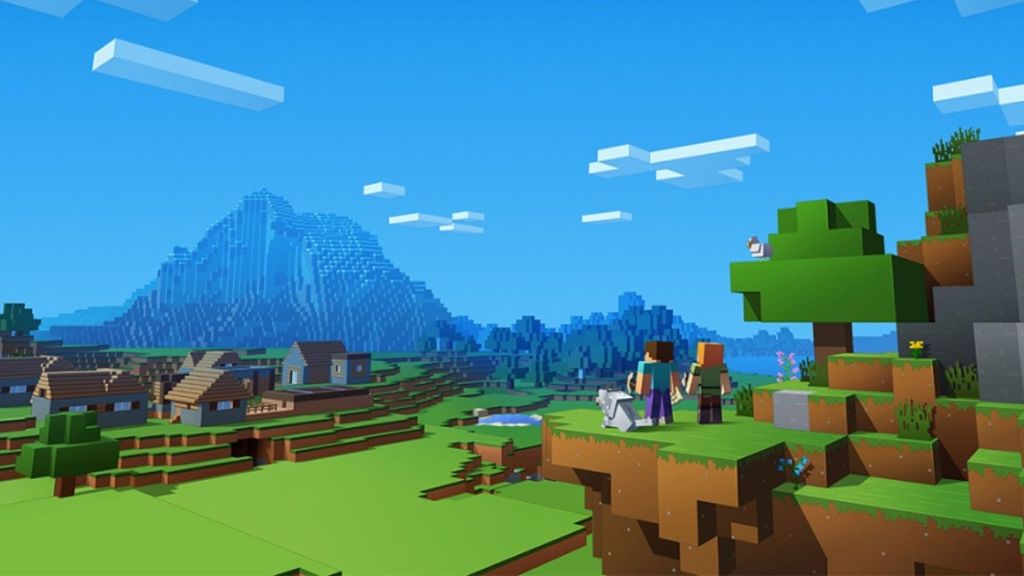
Markus “Notch” Persson started Minecraft as a passion project, and it grew into one of the most successful games of all time. Launched in 2009 as a Java-based sandbox game, Minecraft allows you to explore endless worlds, build structures, and survive against mobs.
Persson developed the game solo before Mojang Studios scaled it into a global phenomenon. In 2014, Microsoft purchased Mojang and the Minecraft IP for $2.5 billion, cementing its place in gaming history.



